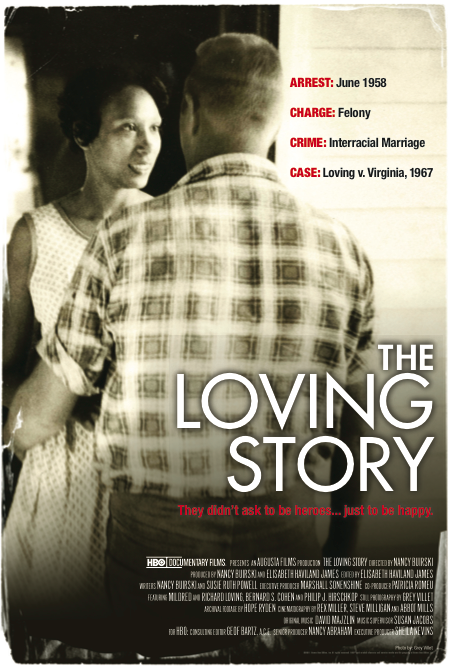
CLBB applauds the efforts of its community of faculty and board members committed to social justice. This week, one of CLBB’s principal board members, Marshall Sonenshine, received kudos for the powerful film on interracial marriage, on which he served as executive producer.
“The Loving Story” garnered an Emmy Award for Outstanding Historical Programming. The film chronicles the life and marriage of Richard and Mildred Loving, who fought to live together as an interracial married couple in Virginia, a state that prohibited interracial marriages.



